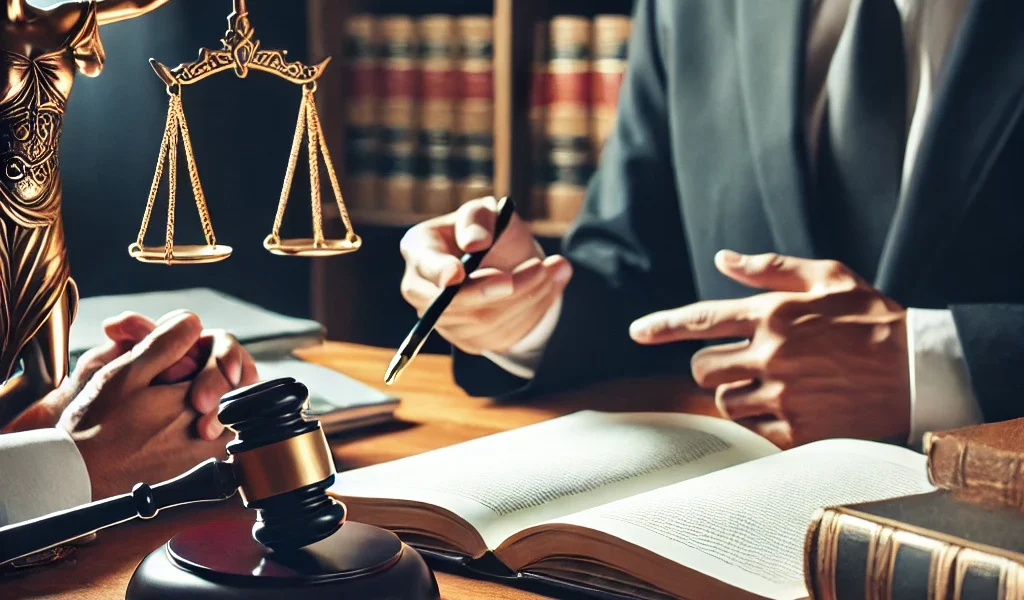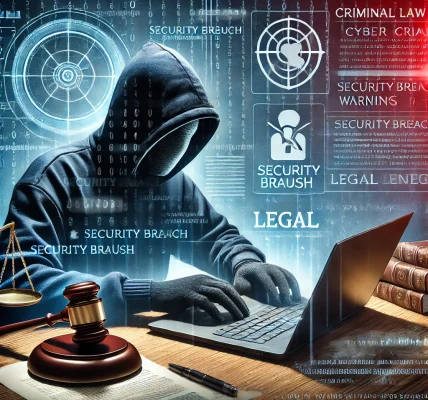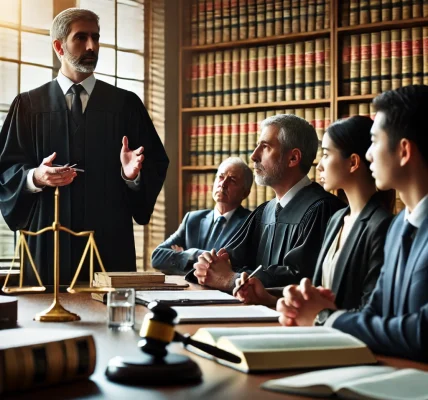Introduction
In the criminal justice system, probation and parole are legal mechanisms that allow individuals convicted of crimes to serve their sentences outside of prison under specific conditions. While both terms are often used interchangeably, they are distinct legal concepts with different implications for offenders.
Understanding the differences between probation and parole, as well as the rights and responsibilities associated with each, is essential for individuals navigating the legal system. This blog will provide a detailed explanation of probation and parole, highlight their key differences, and outline the legal rights of individuals under these conditions.
1. What is Probation?
Probation is an alternative to incarceration that allows an offender to remain in the community under supervision instead of serving time in jail or prison. It is typically granted to first-time offenders or those convicted of minor crimes.
Key Features of Probation:
- Granted before or instead of serving jail time.
- Supervised by a probation officer.
- Requires compliance with specific conditions.
- Violations can lead to revocation and imprisonment.
Common Conditions of Probation:
- Regular check-ins with a probation officer.
- Mandatory community service or rehabilitation programs.
- Restrictions on travel or association with certain individuals.
- Drug and alcohol testing.
- Employment or education requirements.
If a person on probation violates any of these conditions, the court may impose stricter penalties, extend the probation period, or revoke probation and require them to serve jail time.
2. What is Parole?
Parole is the conditional early release of an inmate from prison before their sentence is fully completed. Parolees must follow specific conditions and report to a parole officer until the end of their original sentence.
Key Features of Parole:
- Granted after serving part of a prison sentence.
- Requires supervision by a parole officer.
- Can be revoked if conditions are violated.
- Often granted based on good behavior or eligibility criteria set by a parole board.
Common Conditions of Parole:
- Regular meetings with a parole officer.
- Employment and residence verification.
- Travel restrictions.
- No possession of firearms or illegal substances.
- Participation in counseling or rehabilitation programs.
Parole is usually granted by a parole board after reviewing an inmate’s behavior, rehabilitation progress, and potential risk to society.
3. Key Differences Between Probation and Parole
| Feature | Probation | Parole |
|---|---|---|
| When Granted? | Before or instead of prison time | After serving part of a sentence |
| Supervised by? | Probation officer | Parole officer |
| Eligibility | First-time or minor offenders | Inmates with good behavior or eligibility |
| Purpose | Alternative to incarceration | Reintegration into society after prison |
| Violation Consequences | Revocation & possible jail time | Revocation & return to prison |
Understanding these differences helps individuals know what to expect under each system and how to avoid violating the terms.
4. Legal Rights of Individuals on Probation and Parole
Both probationers and parolees have certain legal rights, but these are often more restricted compared to individuals not under supervision. Some key rights include:
a) Right to Due Process
- If accused of violating probation or parole, individuals have the right to a hearing before any penalties are imposed.
- They can present evidence and challenge accusations.
b) Right to Legal Counsel
- A person accused of a violation can seek legal representation.
- If they cannot afford an attorney, they may be appointed one by the court.
c) Protection Against Unreasonable Searches
- While probationers and parolees have limited Fourth Amendment rights, law enforcement officers may still need reasonable grounds to search their property.
- Some conditions may allow searches without a warrant.
d) Right to Fair Treatment
- Individuals on probation or parole cannot be discriminated against based on race, religion, gender, or disability.
- They have the right to humane treatment and access to necessary medical care.
5. What Happens If You Violate Probation or Parole?
Consequences of Probation Violation:
- Warning or Increased Supervision – Minor violations may result in stricter conditions.
- Fines or Extended Probation Period – The court may impose additional penalties.
- Revocation & Jail Time – Serious or repeated violations may lead to incarceration.
Consequences of Parole Violation:
- Stricter Supervision – Parole officers may impose additional conditions.
- Return to Prison – Serious violations can lead to parole revocation and serving the remainder of the sentence.
- New Criminal Charges – If the violation involves another crime, additional charges may be filed.
6. How to Successfully Complete Probation or Parole
To avoid violations and successfully complete probation or parole, individuals should:
- Follow all conditions set by the court or parole board.
- Stay in contact with their assigned officer.
- Avoid illegal activities and associations.
- Seek employment or educational opportunities.
- Attend required programs such as drug counseling or anger management.
Successfully completing probation or parole can help individuals reintegrate into society, restore their rights, and avoid future legal troubles.
Conclusion
Probation and parole serve as alternatives to extended incarceration, helping offenders transition back into society under supervision. However, understanding the differences, responsibilities, and legal rights associated with each is crucial to avoiding violations and legal complications




